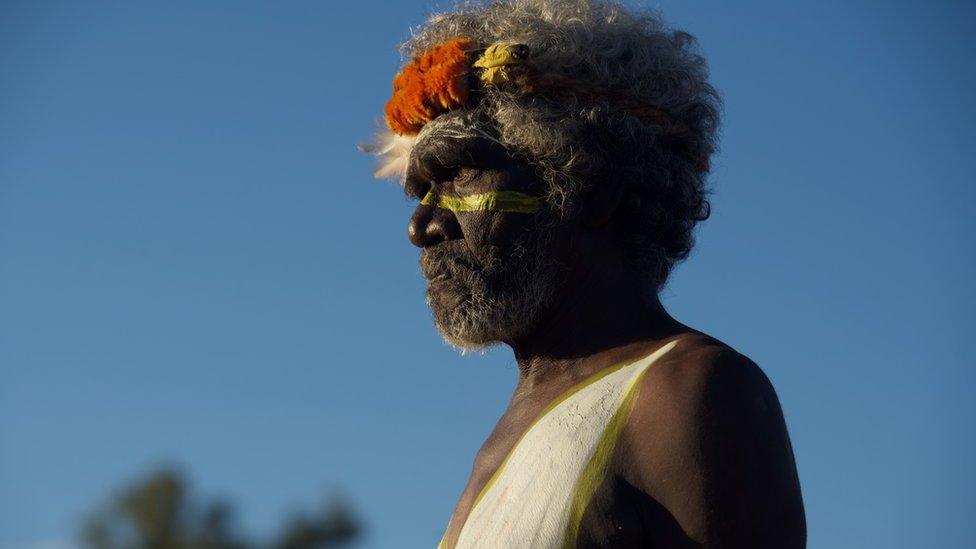Australian indigenous leaders criticise rejection of 'voice'
- Published
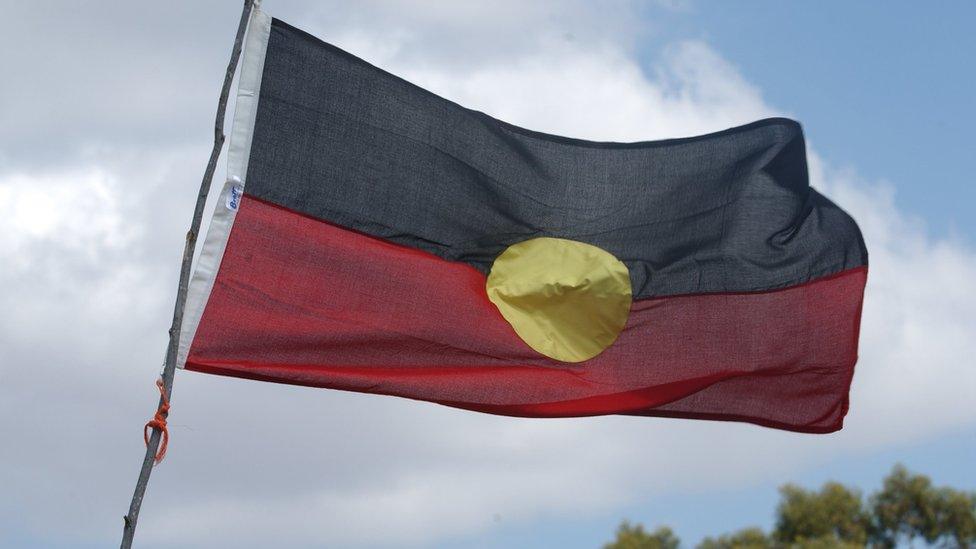
Indigenous leaders say the government has turned its back on them
Australian indigenous leaders have criticised a government decision not to establish an official "voice" to parliament representing Aboriginal and Torres Strait Island peoples.
The government rejected the proposal for a constitutionally enshrined advisory body on Thursday.
Indigenous leaders had proposed the idea following a landmark summit.
The decision not to adopt the central recommendation is a blow to indigenous Australians, several leaders have said.
"[Prime Minister] Malcolm Turnbull has broken the First Nations hearts of this country," indigenous leader and activist Noel Pearson told the Australian Broadcasting Corp.
The government argued that an indigenous-only representative body "would inevitably become seen as a third chamber of parliament" in addition to the House of Representatives and Senate.
Most Australians would not support the body in a national referendum because the idea was "inconsistent" with the principle of equal civic rights, it said.
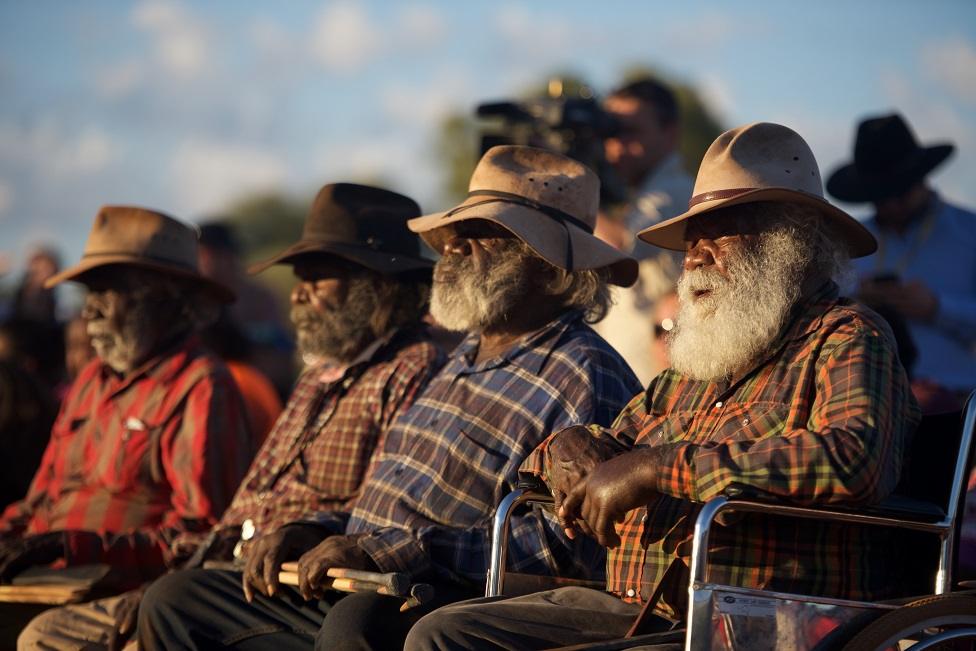
A historic summit was held in May
Mr Pearson said there was "no reconciliation and recognition under this prime minister".
Jackie Huggins, from the National Congress of Australia's First Peoples, said it had sent "shockwaves" through communities around the country.
"People are disappointed that the Prime Minister and Cabinet has not heard the aspirations of Aboriginal and Torres Strait Islander people across the country," she said.
Indigenous recognition remains a highly sensitive topic in Australia.
Leaders held a historic three-day summit earlier this year on how to best recognise Australia's first inhabitants. In addition to an advisory body, the leaders also called for a treaty.
They rejected the idea of recognition in the constitution alone, arguing it would be a symbolic gesture lacking in substance.
The government says it will work on developing a constitutional amendment that will succeed and "unite our nation".
- Published26 October 2017
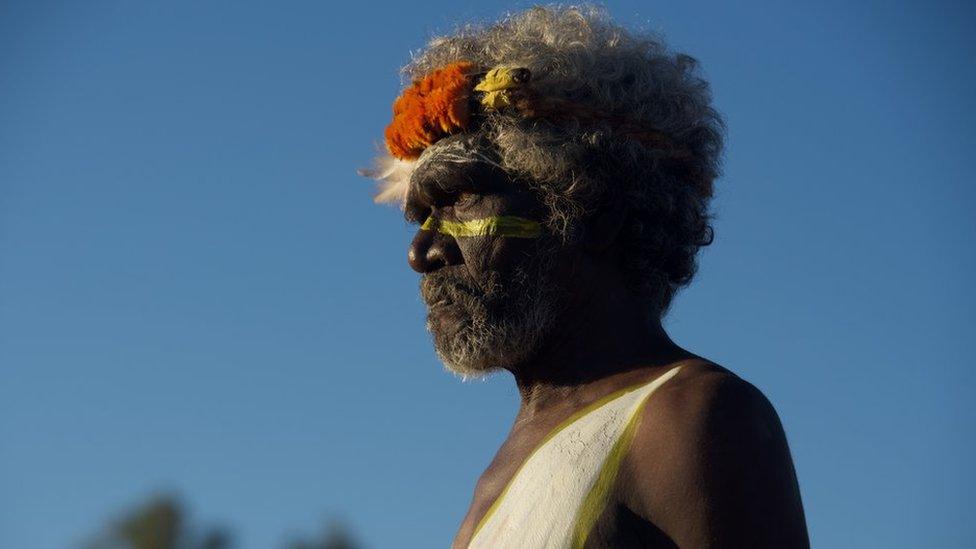
- Published6 September 2017
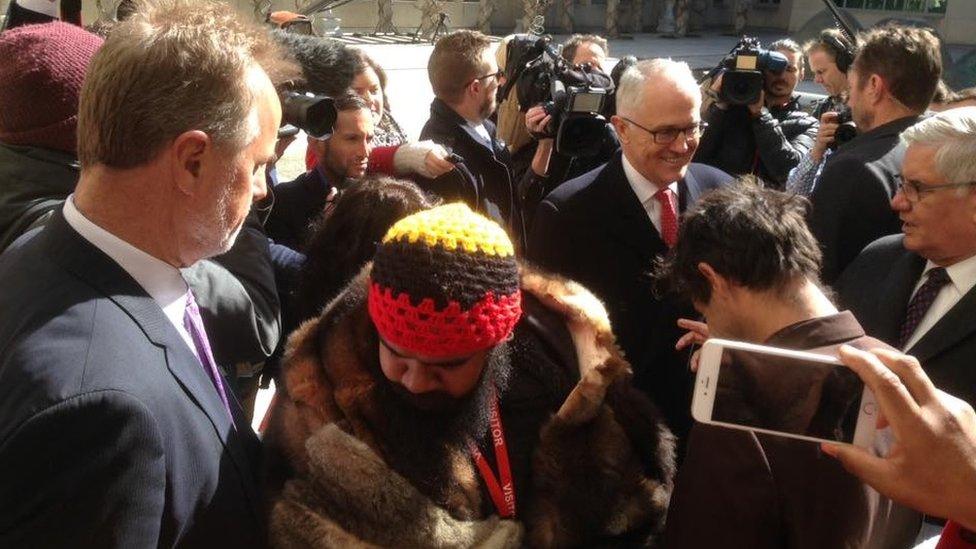
- Published24 May 2017
